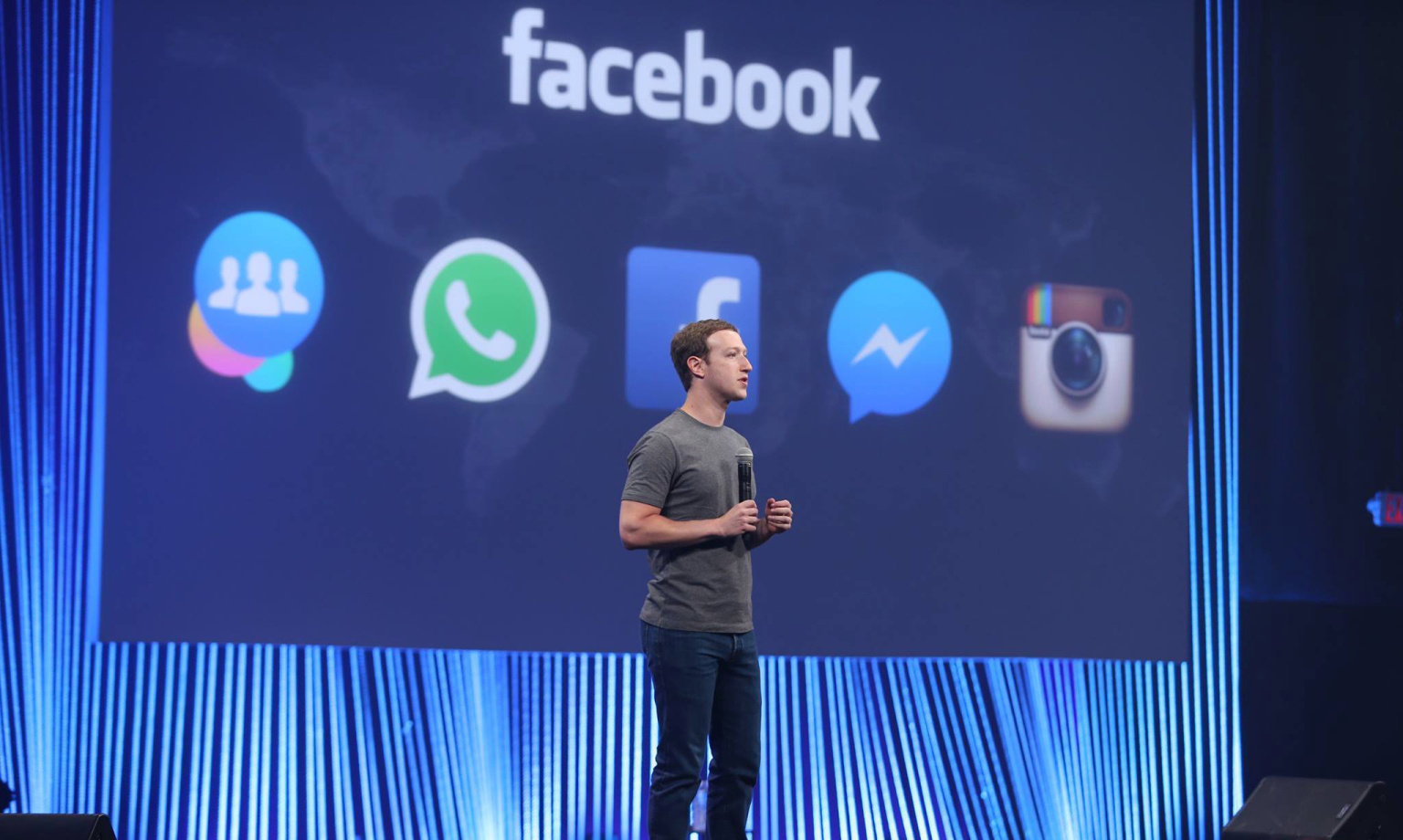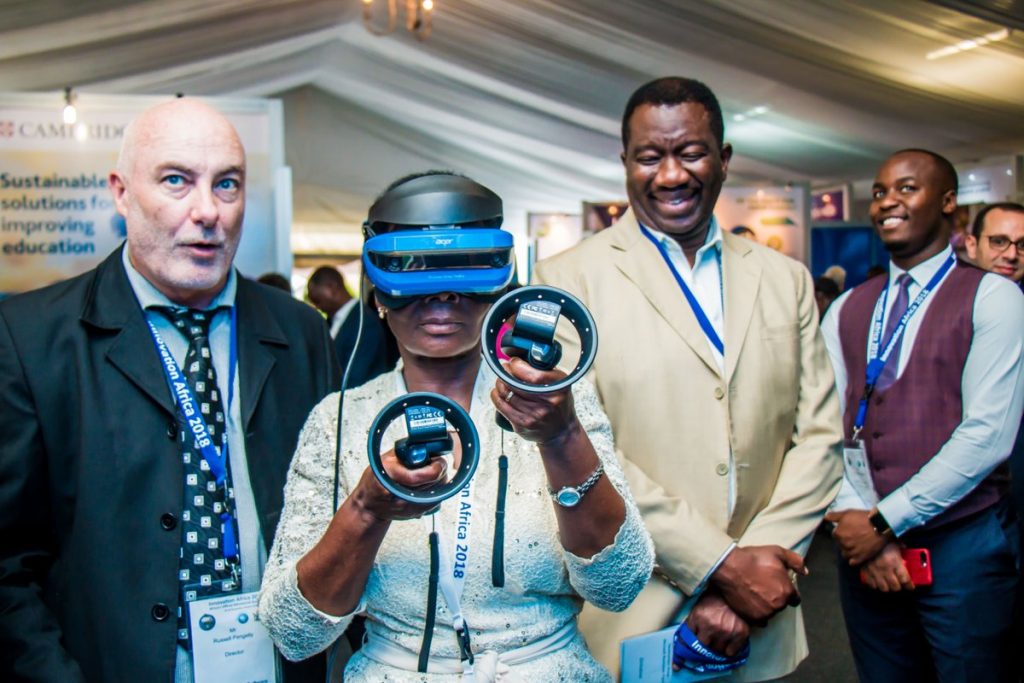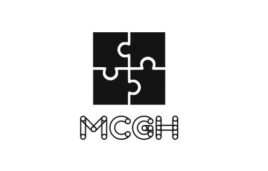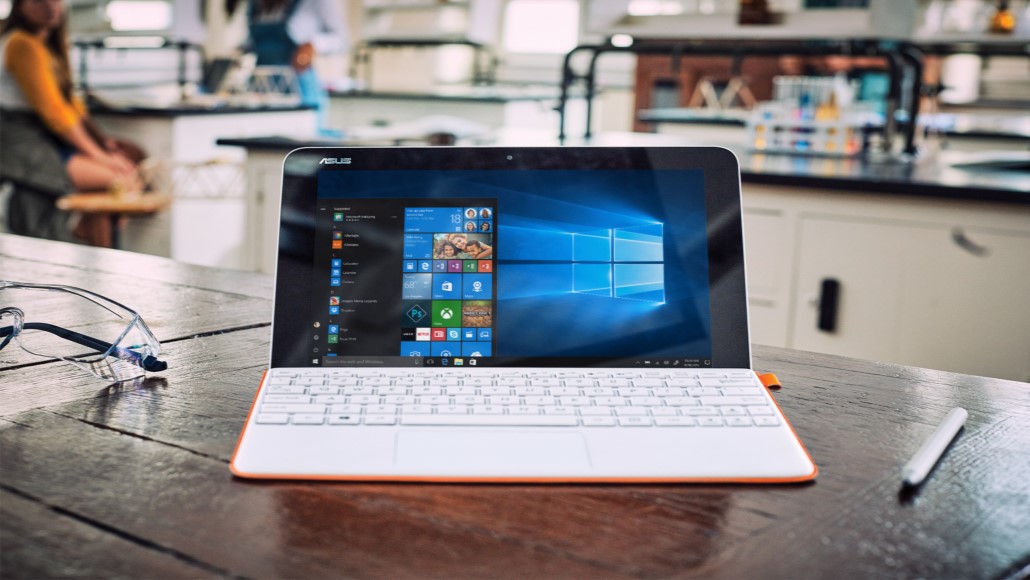
How technology could promote growth in 5 African countries

For several years now, Africa has been viewed as an upcoming growth market. According to experts, there are several reasons to back the optimism: the continent has the youngest population globally, a promising consumption market for decades to come, and the continent is increasingly mobile phone-enabled.
A growing digital ecosystem becomes a crucial factor in economic growth, as access to mobile phones and other smart devices enhances consumer information, job creation, networking, and financial inclusion. The development of intuitive technology through mobile-friendly apps provides the perfect avenue for growth.
An excellent example is the Betway app, an exclusive betting app that allows users to customize their accounts for ease of use. It comes in a simple interface which makes going through different sections on the website easy. With Betway already operating across several African countries, the launch of the app acts as an ideal blueprint for further innovations created for other sectors.
Despite all these reasons, the promise of growth remains underwhelming. Growth in the continent has stalled, forcing the IMF and the World Bank to trim their 2019 economic growth expectations for Sub-Saharan Africa to 3.5 and 2.8 percent, respectively. Disturbing stats reveal that close to 440 million of the poorest people live in Sub-Saharan Africa. The World Bank went further to project that should poverty reduction measures remain sluggish, Africa could be home to 90 percent of the world’s poorest by 2030.
The Impact of Technology Across 5 African Countries
Countries drawn from different regions in Africa offer diverse potential in terms of economic growth, median age, governance, and digitalization. Looking at South Africa, Egypt, Nigeria, Kenya, and Rwanda, technology offers significant growth potential. We are looking at three prime categories capable of driving economic growth via technology: job creation through digital platforms, digital potential per country, and the tools necessary for digital growth.
Job Creation Through Digital Platforms
Countries like Kenya, Nigeria, and South Africa look ready for high-skilled digital jobs and have structures to take up online freelance jobs. The level of education among the youth is on the rise, and the IT sector is attracting massive enrolment primarily due to the promise of the digital revolution taking over the globe.
Local and foreign companies are already working across Africa in poverty-alleviation programs in conjunction with local governments. Such projects are steered through technological innovations created by local youths. Companies like Betway are creating income-earning opportunities, but the freedom given to local graduates to develop systems for specific industries is both motivating and empowering.
Digital Potential Per Country
Different countries have put in place digital structures to support local economic growth. Looking at development over a decade or so, it is clear to see the biggest beneficiaries. Rwanda and Egypt have incorporated foreign input into their systems to boost growth, and it seems to be working remarkably well for both countries.
The use of mobile money is also on the increase. Kenya takes the biggest market share of mobile money technology, with more than 85 percent of the Kenyan population already using MPesa, the first of its kind in the world.
Tool Necessary for Digital Growth
Besides governments providing the necessary infrastructure for growth, governance and online freedom remain key. Internet connectivity is above average across these five countries, but poverty levels remain a major hindrance.
Through respective ministries, governments have been at the forefront to address widening gaps in the digital divide. It is out in the public domain that the future is digital, and businesses are currently operating online. The emphasis on having citizens embrace technology as the new order is at an all-time high, and the fruits are evident. Various industries are working towards getting everything done online, and that includes the betting industry, where players like Betway offer the latest digital trends for users.
so you can get the latest
in breaking news,
reviews, opinions, events,
opportunities and
community updates
right in your inbox.” custom_font_size=”16″ custom_border_radius=”0″ custom_border_weight=”1″ custom_padding=”15″ custom_spacing=”10″ submit_button_classes=”” email_field_classes=”” show_only_email_and_button=”true”]
Check out other stories making the news across Africa and Middle East region.
- YouTube wouldn’t build an app for the Apple Vision Pro, so Someone did! Introducing Juno
- What is Microsoft 365?
- Get to know Norton Genie app?
- Microsoft Copilot on iOS and Android get upgrade
- Microsoft’s new OneDrive design is out now!
- Sudo command comes to Windows 11
- Google has announced that its first cloud region in Africa is now open for business.
- Apple Vision Pro Review
- Apple’s first-party Podcasts app
- What is Amazon presents Diffuse to Choose?


